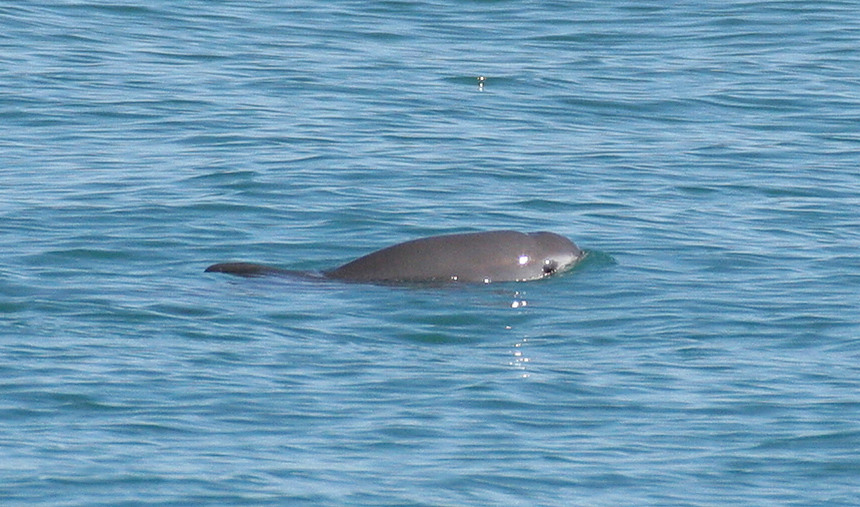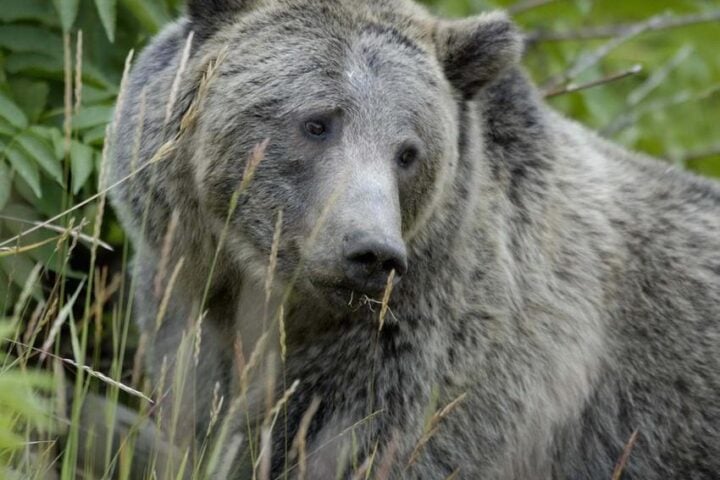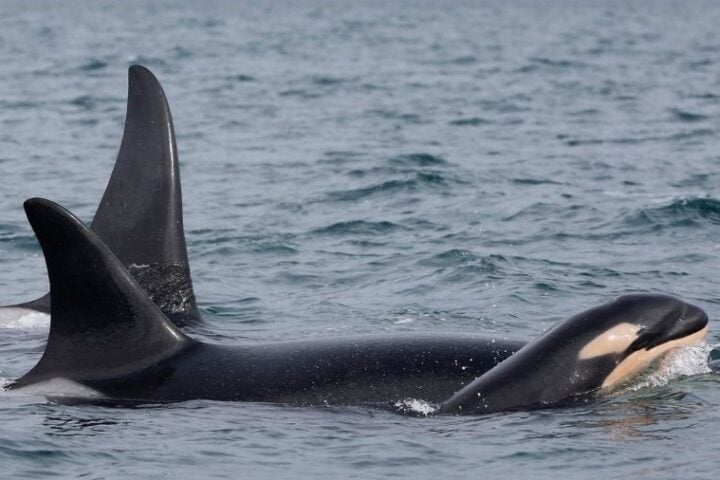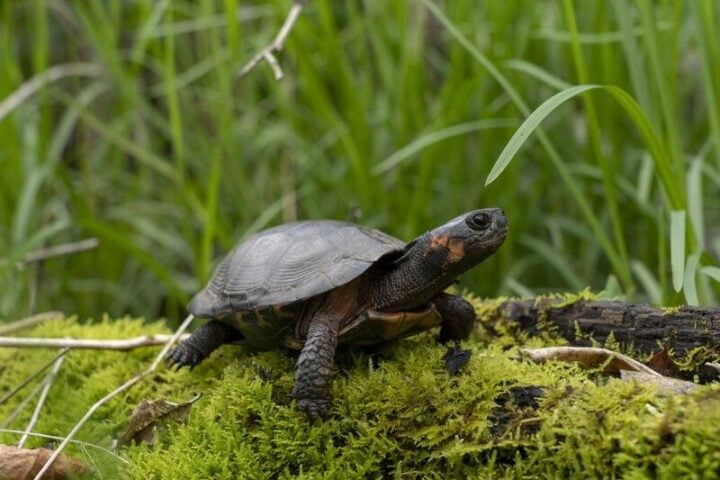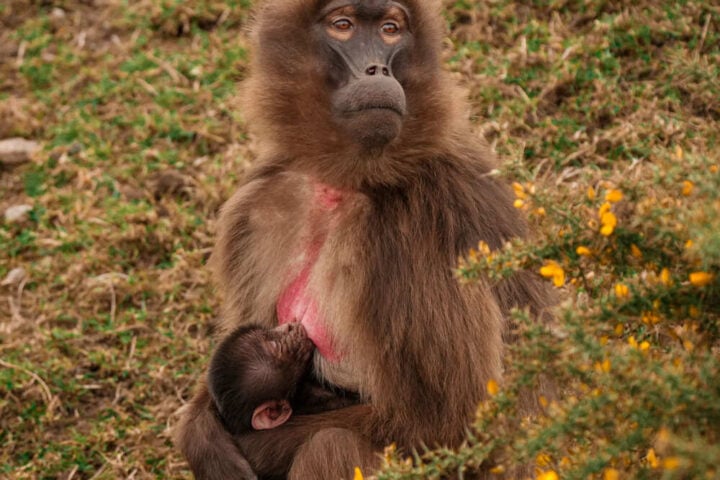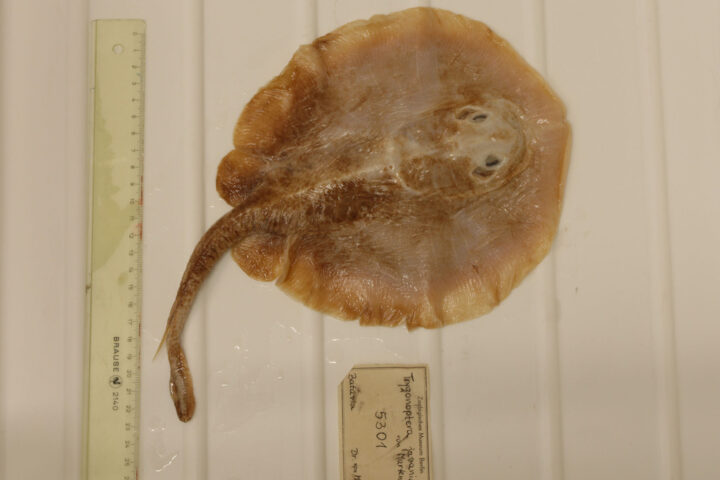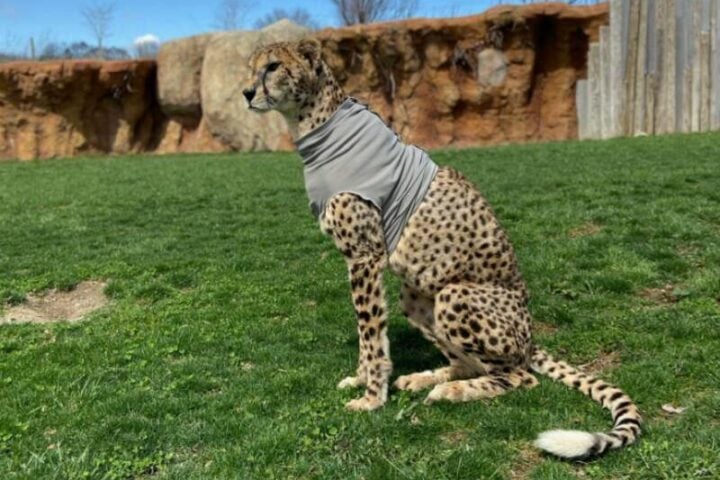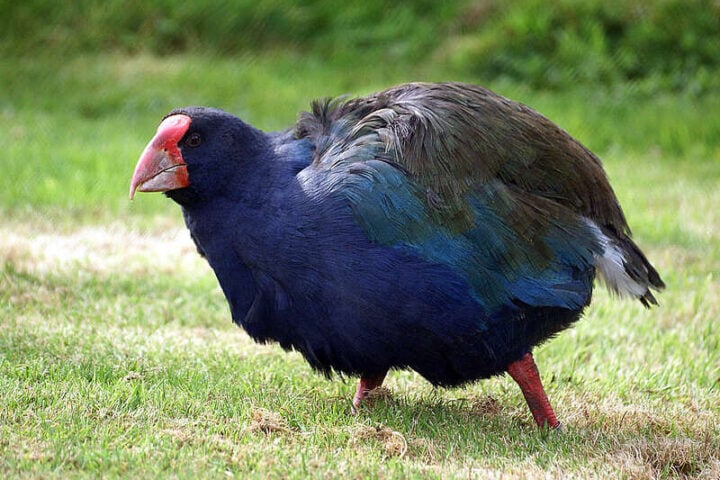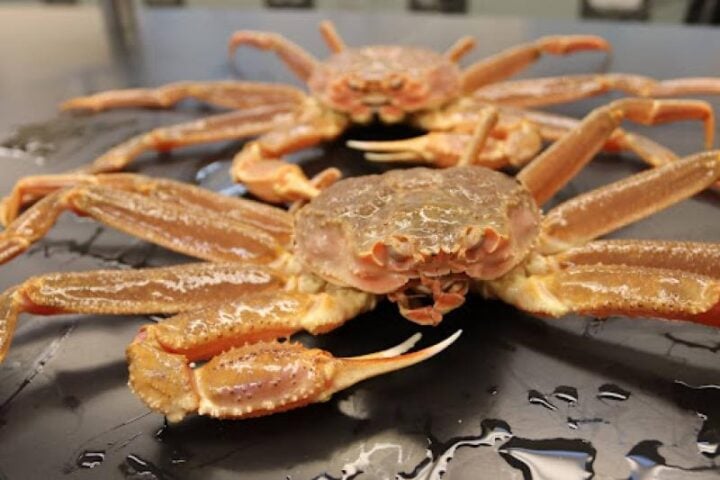The vaquita, the world’s smallest porpoise, is nearly extinct. Only 10 of these sea mammals are left in their only home – the Gulf of California in Mexico. This is a huge drop from the 560 vaquitas that lived there in the mid-1990s.
The main threat to these rare animals comes from fishing nets called gill nets. These nets are still being used in the Gulf of California, even though they’re mostly banned. The area is one of Mexico’s richest fishing zones, which makes protecting the vaquita particularly challenging.
Play Vaquita Quiz Game: Help Vaquita By Knowing More About these Wonderful Creatures
The U.S. government is trying to help save the vaquita. In March 2020, they banned all seafood caught with gill nets in the northern Gulf of California from entering the U.S. This ban came after environmental groups proved these fishing methods were harming marine mammals.
Despite Mexico’s 2017 ban on most gill net fishing, the problem continues. A 2019 count found about 70 boats still using these illegal nets in protected waters. This ongoing illegal fishing puts the remaining vaquitas at serious risk.
In May 2023, U.S. Secretary of Interior Deb Haaland officially stated that Mexico wasn’t following international agreements to protect endangered species. The Biden administration then gave Mexico one year to fix these problems, offering to help in the process.
Similar Posts
Environmental groups, including the Natural Resources Defense Council (NRDC), are now pushing the Biden administration to release an important report from 2023. This report could lead to stricter actions against Mexico’s wildlife trade.
The latest count from summer 2024 shows that only about 10 vaquitas are still alive. Environmental groups say that without immediate action to stop illegal fishing, these unique sea mammals could disappear forever in the next few years.
Why This Matters:
- The vaquita could be the first marine mammal to go extinct due to human activities
- Their loss would show the failure of international wildlife protection efforts
- The situation highlights how illegal fishing threatens ocean wildlife
It shows the need for better enforcement of fishing laws to protect endangered species
